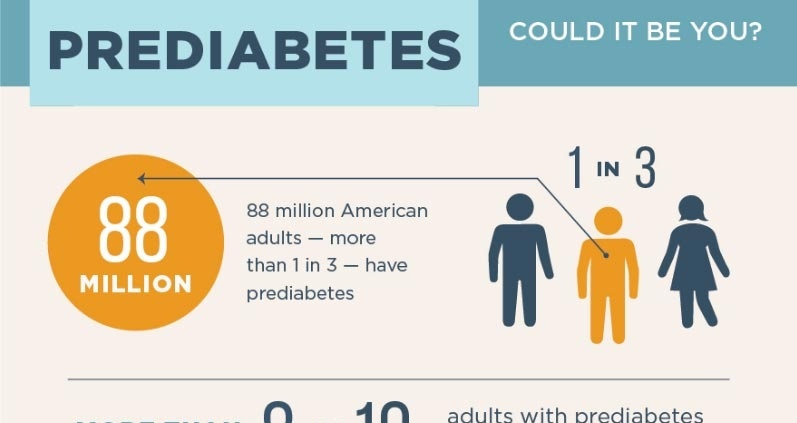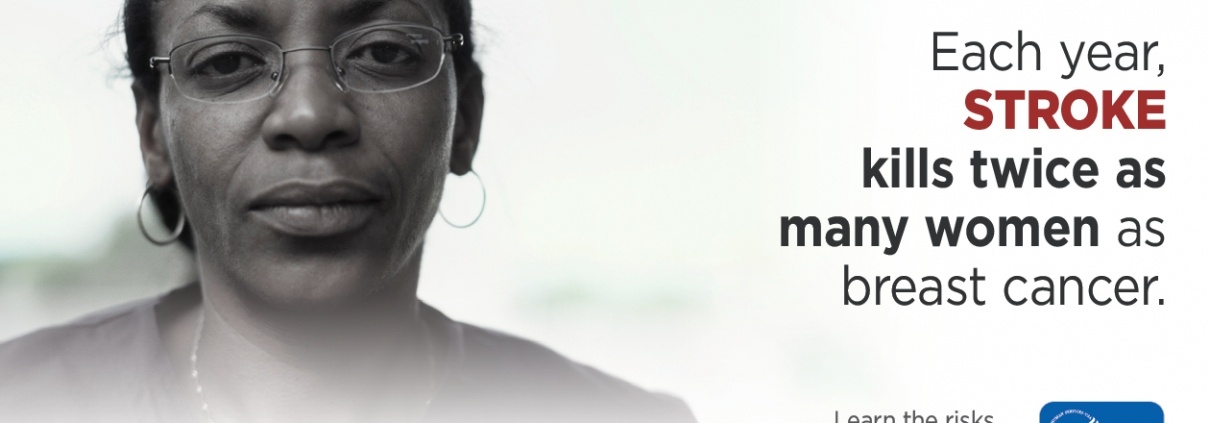Women & Strokes
Women & Strokes
Sign Up to Review Your Medicare Now
https://quotes.medigaplife.com/find-plans/
We explore more below of what the CDC says in regards to women and stroke.
What puts women at risk for stroke?
High blood pressure, also called hypertension, is a main risk factor for stroke. More than 2 in 5 women have blood pressure greater than or equal to 130/80 mmHg or are taking medicine to control their blood pressure. Only about 1 in 4 of those women have their blood pressure controlled to below 130/80 mmHg.
Stroke risk increases with age, and women live longer than men.
Women also have unique risk factors for stroke, including:
- Having high blood pressure during
- Using certain types of birth control medicines, especially if they also smoke. About 1 in 8 women smoke.
- Having higher rates of depression.
Why are African American women at higher risk for stroke?

Stroke is the third leading cause of death among African American women, and they are more likely to die from a stroke than non-Hispanic white women or Hispanics in the United States.2 African Americans have the highest rate of death due to stroke.
Almost half of African Americans have a risk factor that can lead to a stroke.
- More than 2 in 5 African American women are diagnosed high blood pressure (greater than or equal to 140/90 mm Hg), which is a much higher rate than white women have.
- African American women are diagnosed with higher rates of obesity (nearly 3 in 5) and diabetes (more than 1 in 8), conditions that increase the risk for stroke.
- Eating too much salt or sodium can raise your blood pressure, putting you at higher risk of stroke. Researchers think there may be a gene that makes African Americans more sensitive to the effects of salt, which in turn increases the risk of developing high blood pressure.
- Sickle cell disease, a common genetic disorder in African Americans, can lead to a stroke. About 1 in 365 black or African American babies are born with sickle cell disease.
- Smoking greatly increases stroke risk. About 1 in 7 black or African American women smoke.
Why are Hispanic women at risk for stroke?
Stroke is the third leading cause of death for Hispanic women.
- High blood pressure is one of the main risk factors for a stroke. About 1 in 4 Hispanic women have blood pressure above 140/90 mmHg, and nearly half of them do not have it under control.
- People with diabetes are at higher risk of stroke. More than 1 in 9 Hispanic women have diabetes—including many who don’t know they have the disease.11 Among adults of Hispanic origin, diabetes is most common in people of Mexican and Puerto Rican ancestry.
- Obesity increases the risk of stroke. About half of Hispanic women have obesity.
How can I prevent stroke?

High blood pressure is one of the main risk factors for a stroke. Measure your blood pressure regularly to help your health care team diagnose any health problems early.
Most strokes can be prevented by keeping medical conditions under control and making healthy lifestyle changes:
Know your ABCS of heart and brain health:
- Aspirin: Aspirin may help reduce your risk for stroke, but you should check with your doctor before taking aspirin, because it can make some types of stroke worse. Before taking aspirin, talk with your doctor about whether it is right for you.
- Blood pressure: Control your blood pressure with healthy lifestyle changes (see below) and take your blood pressure medicines as directed.
- Cholesterol: Manage your cholesterol with healthy lifestyle changes and take your medicine as directed.
- Smoking: Don’t start smoking.

Get tips and ideas for healthy eating and make a personalized meal plan at from the U.S. Department of Agriculture.
Make lifestyle changes:
- Eat healthy: Choose healthy foods most of the time, including foods with less salt, or sodium, to lower your blood pressure, and that are rich in fiber and whole grains to manage your cholesterol.
- Get regular physical activity: Regular activity helps you reach and maintain a healthy weight and keeps your heart and blood vessels healthier.
Work with your health care team:
- Talk to your doctor about your chances of having a stroke, including your age and whether anyone in your family has had a stroke.
- Get other health conditions under control, such as diabetes or heart disease.
Taking Your Medicine for High Blood Pressure
Taking your medicines as directed can be confusing, but it’s an important way to help manage your blood pressure. This Million Hearts [tag] video has tips to help you stick to the ’script.
If you have high blood pressure, talk to a Licensed Insurance Agent about what plans cover for high blood pressure.
Diabetic & Dental Benefits – CDC Advice
If you’re diabetic, the CDC recommends that you get a dental exam once a year or more often if your dentist says you need it. At your exam, your dentist or dental hygienist can:
- Explain how diabetes affects your teeth and gums and check for problems, like cavities or gum disease.
- Treat any problems you have with your teeth or gums.
- Teach you how to check for signs of gum disease at home.
- Provide care, like a fluoride treatment, to keep your mouth healthy.
- Tell you how to treat problems, such as dry mouth.
- Work with your dentist to create a health plan for your teeth.
- Ask your dentist how to take care of your teeth at home and how often to come in for a dental visit.
- Ask what to do if you start having problems with your teeth or gums.
- Ask your dentist to send your exam results to your other doctors after every visit.
- Be sure to keep your next dentist appointment!
Take care of your teeth at home.- Brush with a soft-bristled toothbrush two times a day or more.
- Use toothpaste with fluoride and floss once a day.
- Check your mouth for red or swollen gums, bleeding gums, loose teeth, a change in how your bite feels, or bad breath.
- Visit a dentist if you think you have gum disease.
- Limit food and drinks that are high in sugar.
If you need more Medicare Advantage dental benefits click the link to Chat Now about your Medicare Plan 👤 https://m.me/Medigaplife?ref=url-btn or call 1-855-800-5265. We may be able to help.
#medigaplife #medicare #medicareadvantage #disability #partd #vision #dental #diabetic #dentist #benefits
Social Security Expands Compassionate Allowances Program for the Disabled
Kilolo Kijakazi, Acting Commissioner of Social Security, announced 12 new Compassionate Allowances conditions for the Disabled
Men and Stroke – Advice and Tips From the CDC
Stroke is a leading cause of death in men, killing almost the same number of men each year as prostate cancer and Alzheimer’s disease combined.1 Stroke is also a leading cause of long-term disability,2 and men under age 44 are hospitalized for ischemic stroke at a higher rate than women in the same age group.
People With Disabilities Are the Largest Minority Group in the United States and Yet They Feel Invisible
People With Disabilities Are the Largest Minority Group in the United States and Yet They Feel Invisible
Help Paying for Prosthetic Care
Help Paying for Prosthetic Care
People who have had an amputation may get help paying for rehabilitation and a prosthesis.
Help With Your Diabetic Supplies
Help With Your Diabetic Supplies
If you are having difficulty affording your diabetic supplies there are resources available.














